PACHworks / Research
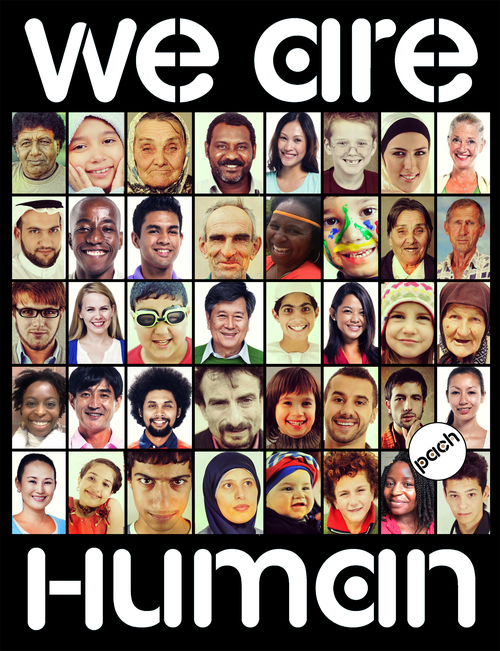
At the Project for the Advancement of Our Common Humanity (PACH), we are committed to exploring the roots, consequences, and solutions to the crisis of connection. Our research is guided by three key principles:
- Continued Theory and Conceptual Development: We believe in the importance of ongoing theory and conceptual development to advance our understanding of human connection and address the crisis of connection. By staying informed about the latest research and theories, we can continually refine our approach and contribute to the merging field of the science of human connection.
- Value of Mixed-Method Research: We recognize the value of employing diverse research methods and engaging multiple stakeholders in our research process. Through mixed-method research, we gather a comprehensive range of perspectives and insights, ensuring a more holistic understanding of the complex issues surrounding human connection.
- Investment in Communication and Engagement: We understand the significance of effective communication and active engagement throughout the research process. By investing in clear and open communication with our stakeholders and the broader community, we foster collaboration and ensure that our research is relevant, impactful, and responsive to the needs of those we aim to serve.
The PACH team is engaged in research that provides insight into the roots of and solutions to the crisis of connection. See below for our current projects. For a list of research publications connected to the PACH framework, see this page.
The Listening Project
The centerpiece of our research is the Listening Project, a transformative approach that focuses on fostering active listening, curiosity, and connection in middle school classrooms. By training both teachers and students in the practice of “transformative interviewing,” we empower them to develop active listening skills with curiosity. Our research initiatives aim to demonstrate how fostering active listening and interpersonal curiosity can improve youth outcomes. By investigating the efficacy of the Listening Project on various aspects of youth well-being and development, we seek to provide evidence-based solutions to the crisis of connection.
Our findings have the potential to inform educators, researchers, and policymakers in their efforts to seek evidence-based solutions to the crisis of connection. By adhering to our core principles, we strive to contribute to the field of science of human connection research, challenge stereotypes, disrupt marginalizing practices, and create a more just, humane, and caring learning environment.
Principal Investigators: Dr. Niobe Way, Dr. Joseph Nelson, Dr. Hirokazu Yoshikawa, Dr. Jinjoo Han
For more information about the Listening Project, please contact the Director, Holly Van Hare at hollyvanhare@nyu.edu.
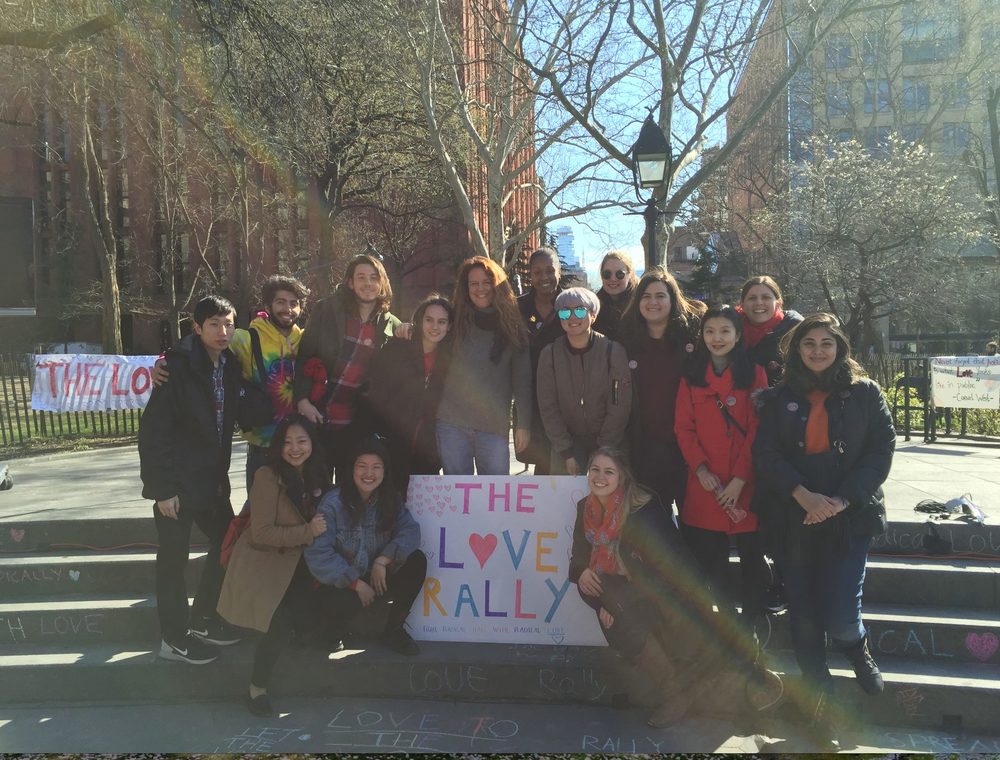
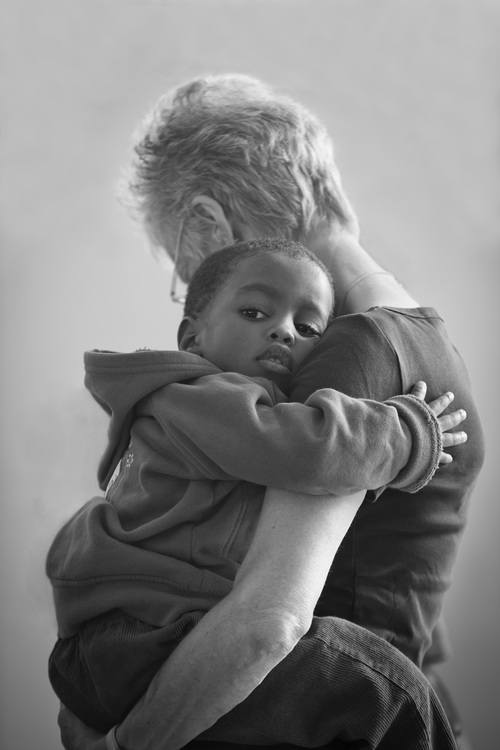
The Gender Socialization Project
This project draws from a mixed method five-year study, funded by the National Science Foundation, of Black, Latino, Asian, and White families in the U.S. that was conducted as part of the Center for Research on Culture, Development, and Education. The second study is a ten-year study of families in Nanjing, China that was conducted by a team of researchers at NYU, University of Pennsylvania, and South East University in Nanjing. The project examines: (1) how mothers accommodate to and resist gender stereotypes in the raising of their children; and (2) the variation in such patterns by age of child, ethnicity, nationality, and socio-economic status. For more information, visit the research lab website.
Principal Investigator: Dr. Niobe Way
Resistance Among Youth
The Resistance Among Youth (RAY) project draws from a study of adolescents and their mothers conducted at the Center for Research on Culture, Development, and Education (CRCDE). The research examines the ways teenagers accommodate to and resist racial, gender, and sexual identity stereotypes in the construction of their identities and relationships. The study was funded by the National Science Foundation. For more information, visit the lab website.
Principal Investigator: Dr. Niobe Way
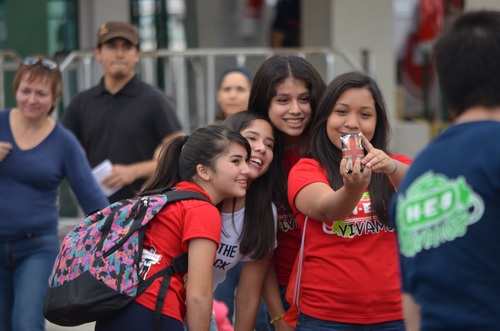
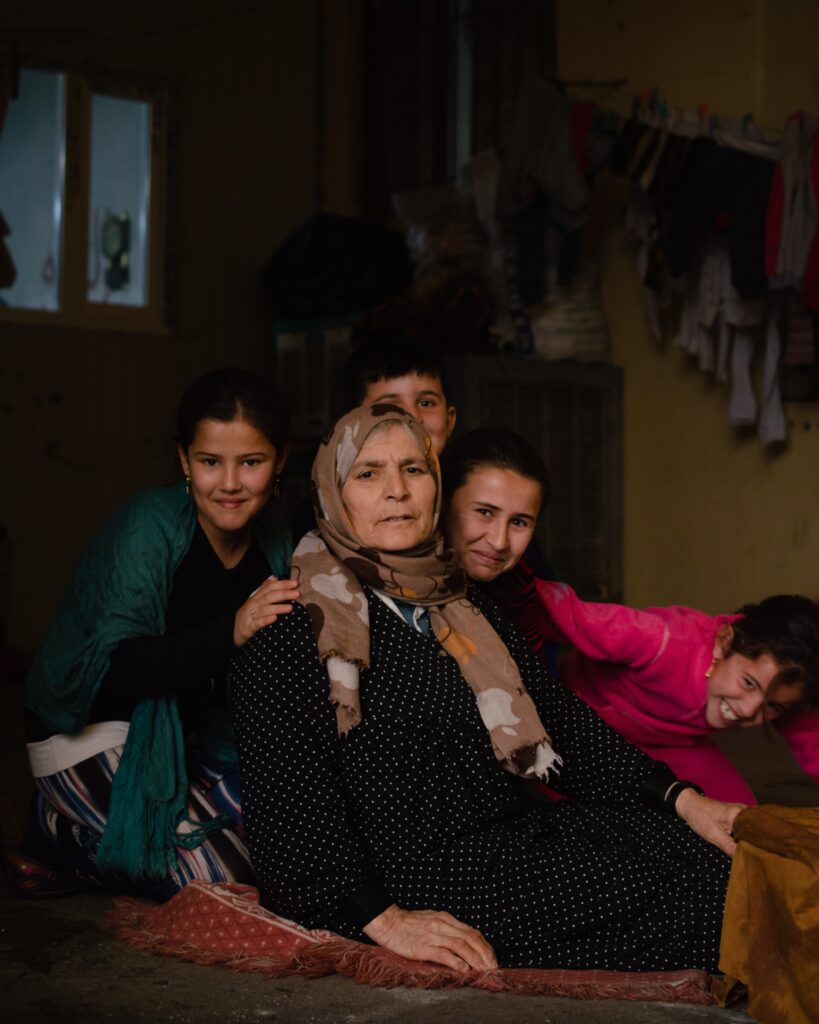
Early Childhood Development Among Syrian Refugees
As part of the Global TIES for Children Center at NYU, Hirokazu Yoshikawa and colleagues evaluate and provide input to The International Rescue Committee and Sesame Workshop. Their work, funded by the Bernard Van Leer Foundation, focuses on bridging the “us vs. them” divide among Syrian refugees and their host communities. The research team will track effects in both groups.
Principal Investigator: Dr. Hirokazu Yoshikawa
The DE-CRUIT Program
With funding from the National Endowment for the Arts, PACH members Alisha Ali and Stephan Wolfert have created and are investigating the effects of the DE-CRUIT program that uses Shakespeare to allow veterans to explore and express their traumatic experiences through written verse and to heal and grow through human connection and mutual support. This project is funded by a Research Art Works grant from the National Endowment for the Arts.
Principal Investigator: Dr. Alisha Ali and Dr. Stephan Wolfert


Black Male Youth Perceptions of the Police and the Role of Ethnic-Racial Socialization
Funded by NYU Steinhardt’s Institute of Human Development and Social Change, this study investigates how race and ethnic identity as well as ethnic-racial socialization shape perceptions of the police among African American, Black Immigrant, and European American males (ages 14 to 25). It also examines the psychological and physiological responses to police-related stimuli.
Principal Investigator: Crystal Clarke, Associate Director of PACH